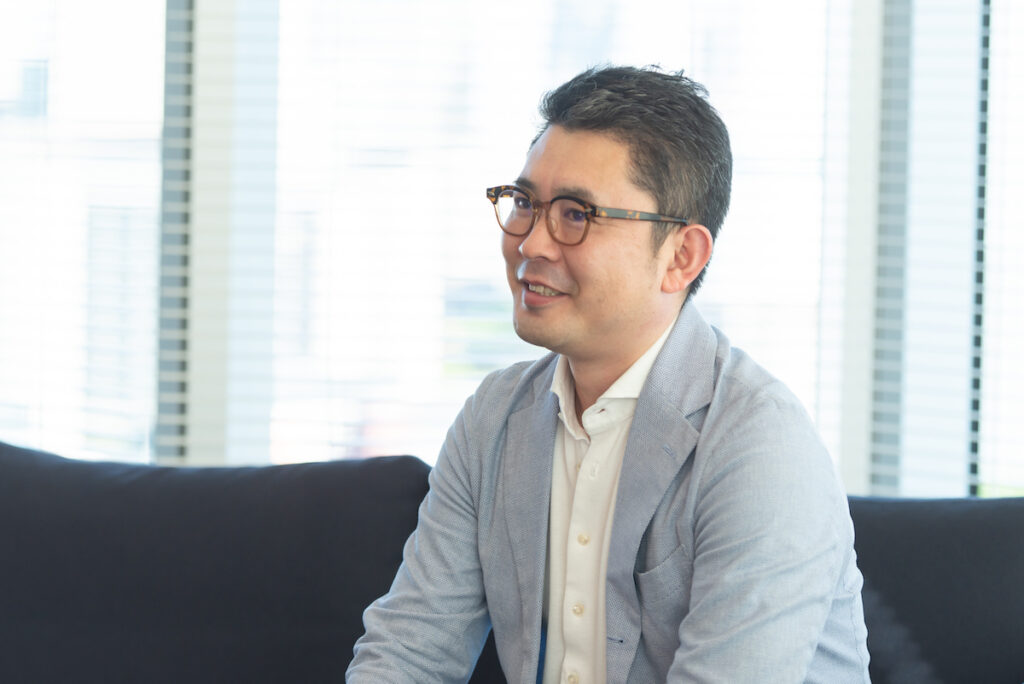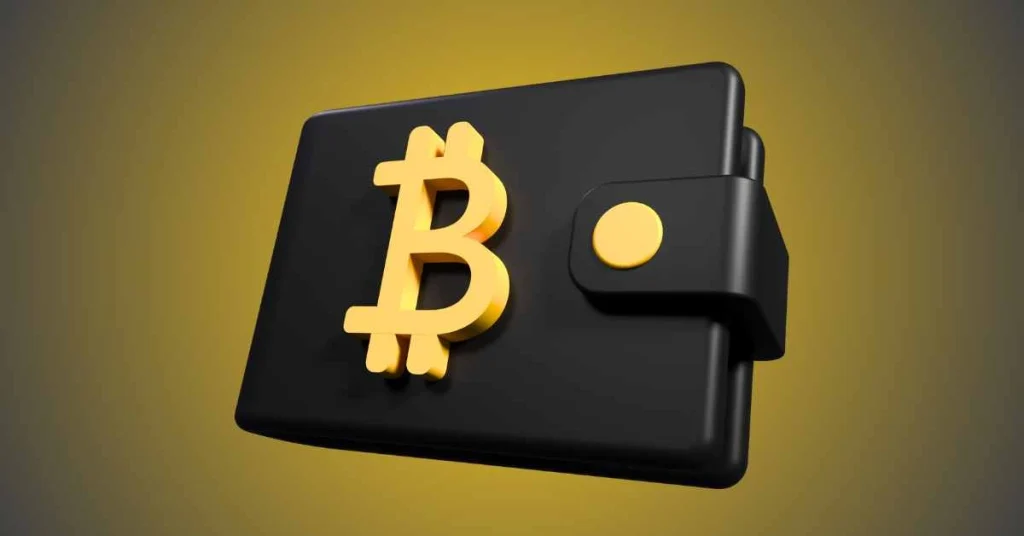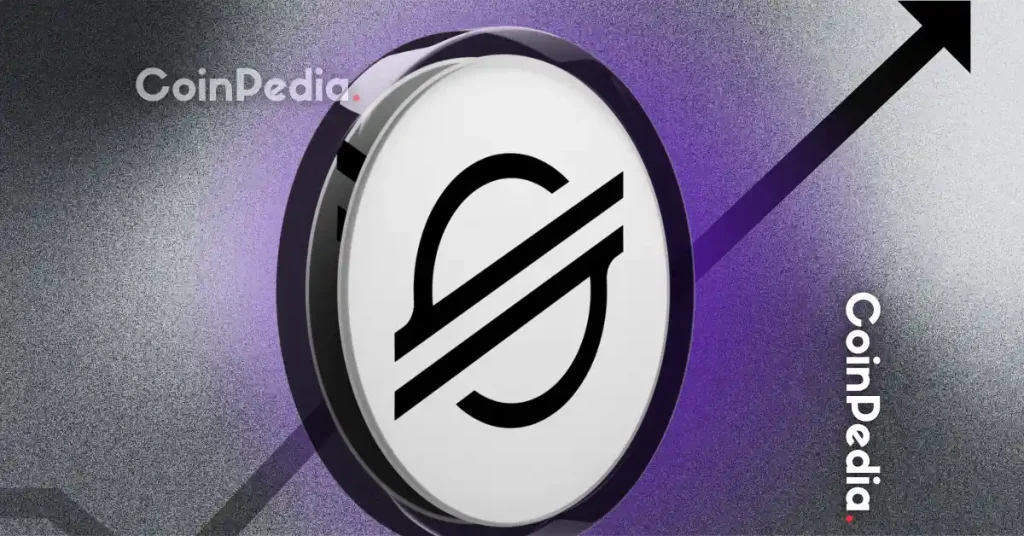
On May 26, the cryptocurrency exchange Binance sent a guide to migration procedures associated with the establishment of a new trading platform to residents of Japan who use global trading platforms. On November 30, 2023, the global trading platform will stop providing services to Japanese residents and start the full-scale entry process into the Japanese market.
Some users who use the flexible service of “binance.com” seem to be regretting that they have “fallen into the gates of regulation”. In November 2022, Binance entered the Japanese market with the acquisition of Sakura Exchange Bitcoin (SEBC). In April 2023, it was announced that “Binance JAPAN (tentative name)” would start this summer, but details have not been clarified.
We asked Mr. Tsuyoshi Chino, the representative of Japan at Binance, about the purpose of entering the Japanese market, the history since the acquisition of SEBC, and future developments.
Why did you decide to expand into Japan?
──Since the end of last year, Kraken and Coinbase, major US crypto asset exchanges, have withdrawn from Japan.I felt the difficulty of doing business in the Japanese market, but what was the biggest factor in Binance’s decision to enter the Japanese market?
Binance says, “Our vision is to increase the freedom of money globally.” In other words, we are developing based on the vision of providing “economic freedom” to many people around the world through crypto assets and blockchain technology, and it is not limited to the exchange business.
Looking at the exchange business alone, it is true that it is said to be in the “winter era”, but what we are aiming for is to build an ecosystem based on this vision. Exchanges are a part of that, and they don’t exist because they want to be exchanges.
The ecosystem has many facets. For example, we will provide various services from a different angle to finance, and we will also provide various IP (intellectual property) contents in the form of Web3. We consider all of them to be an ecosystem, and the exchange business is positioned as an important part of it. We believe this is what sets us apart from other companies.
Looking at the ecosystem as a whole, the Japanese market has a strong tailwind. Depending on how you look at it, the cryptocurrency exchange market may be in a “winter” season, but there is a trend in Japan, including the government and regulators, to make the Web3 and blockchain economic zone one of the pillars. This is where we see a lot of potential. Japan is one of the hottest markets on Binance Global right now.
──In Japan, the level required by regulatory authorities is high, and the hurdles are not low, especially for foreign businesses entering the market. What are your thoughts on regulatory issues?
Regulation helps protect investors and is an important factor in developing markets in a healthy and sustainable manner. Japan has been ahead of the rest of the world in developing regulations, so I believe it has accumulated experience. This aspect gives business operators a sense of security, and it can be said that there is almost no anxiety about unpredictable regulations being made.
Of course, I am not in the position that all regulations are good, but there are not many environments in the world where a sufficient framework exists and both operators and regulatory authorities have accumulated experience. We believe this is one of the keys to entering the Japanese market.
Interest in stablecoins

What we call the ecosystem is pretty broad. Among them, we are particularly looking forward to stablecoins in Japan.
In June, the revised Fund Settlement Act, the legal framework for stablecoins, will likely go into effect. We are developing a stablecoin business globally. In Japan as well, the regulatory framework has been completed, and we would like to develop it. Of course, the Japanese yen is the target, but we would like to consider various currencies.
──Do you have any specific plans for stablecoins?
You already have a basic understanding of the Japanese legal framework. However, we are talking with various partners because we cannot do it alone. We don’t just want to do something with the fees of the crypto asset exchange business, but we need various partnerships to establish and grow the Binance ecosystem in Japan. Companies and projects that have not yet entered crypto-assets are also eligible. I think it will be an interesting development.
──Does that mean that the key to expanding the ecosystem will be stablecoins?
Volatility is one of the major challenges of crypto assets. In terms of speculative thinking, higher volatility leads to profit opportunities, but volatility does not necessarily bring benefits when applying crypto asset technology to real demand. When you do something stably, price fluctuations become noise.
We believe that stablecoins will serve as the glue between the real economy, the blockchain economy, and the Binance ecosystem. The future will look completely different with or without stablecoins. So I definitely want to do that.
Ecosystem over profitability
As a business, we don’t just want to do business with high profit margins, but the keyword is the ecosystem. When I think about what is necessary for the growth of the ecosystem, I think that there is still a lack of correct understanding and recognition of crypto assets and blockchains, and that is the problem.
Globally, there is an educational content called “Binance Academy”. If you have it, you may be able to expect effects such as easier involvement in Web3-related projects. The certificate may be NFT. We would like to do this in cooperation with various places, both online and offline.
Of course, the number of exchange accounts opened is an important indicator, but we do not want to develop our business based on that alone. What matters is how well the ecosystem is established and how it spreads.
──It seems to be quite different from the image that many people imagine from the word “Binance entry into Japan”
How to compete with competitors is important, but not the top priority. We are not closed to the exchange business.
Of course, we handle over 300 crypto assets globally, so we would like to minimize the gap with the global market as much as possible. Of course, there are things that are difficult to handle due to Japanese regulations, but we would like to introduce as many crypto assets as possible.
On the other hand, I also want to take things from Japan to the global market. From this year to the first half of next year, we still consider it to be a preparation period, but from there we will steadily expand the ecosystem.
Binance Japan representative


──What will happen to the relationship between Binance Headquarters and Binance Japan?
Binance is one, and it is in charge of Japan in Binance.
In terms of capital relationship, Binance Global owns 100% of the acquired Sakura Exchange Bitcoin. The basic idea is not to develop a unique business only in Japan, but to develop services that are being developed globally in a form that is in line with Japanese laws and regulations.
I am a representative of Japan and a member of Global. It is not a team dedicated to Japan, but a form of being in charge of Japan in the global.
How do you build a relationship with the Financial Services Agency?
──After acquiring Sakura Exchange Bitcoin in November last year, it took about half a year to make this announcement.
Not necessarily. Dialogue with authorities began immediately after the acquisition. We have made efforts to gain understanding by thoroughly explaining what kind of company Binance is and what kind of compliance program we have.
But the preparation doesn’t end there. It was also necessary to adapt Binance’s systems and solutions to the Japanese market.
If you want to build a system from scratch, you can simply design it to comply with Japanese regulations, but customizing what is already in operation to suit Japan is extremely laborious. So far, we have made various preparations such as these.
──Is it the request of the Financial Services Agency that the user information was not handed over and the KYC (Know Your Customer) was started again?
It’s just our business decision. The business that Sakura Exchange Bitcoin has provided and the business that Binance will provide in the future are completely different. We came to the conclusion that it would be better to have them fully understand the new terms of service and service content before using it, rather than having them migrate to the Binance platform as it is.
What are the hurdles to entering Japan?
──Representative Chino has already experienced advancing into Japan, but what kind of hurdles are you envisioning now?
How to properly raise awareness. I think there are many people in Japan who know about Binance products. We are confident about our product and technology, but we are still a long way off in terms of whether the company Binance and its activities are properly understood. We believe that getting the right recognition will be our challenge.
We would like to gain proper recognition through dialogue with the media, communication with customers, and initiatives through the aforementioned Binance Academy.
Recognition is not necessarily limited to direct appeal. We believe it is important for us to work to gain understanding through various channels and partnerships.
It is important to gain social trust and provide sustainable services. Binance, including its founder Changpeng Zhao, operates with that attitude. I would like to proceed with the same spirit in Japan.
|Interview: Takayuki Masuda
|Written by Rinan Hayashi
|Photo: Airi Okonogi
The post Stablecoin will be the key to the ecosystem ─ Binance Japan representative Mr. Chino talks about the Japanese market and development[Exclusive interview]| coindesk JAPAN appeared first on Our Bitcoin News.

 2 years ago
124
2 years ago
124














 English (US) ·
English (US) ·